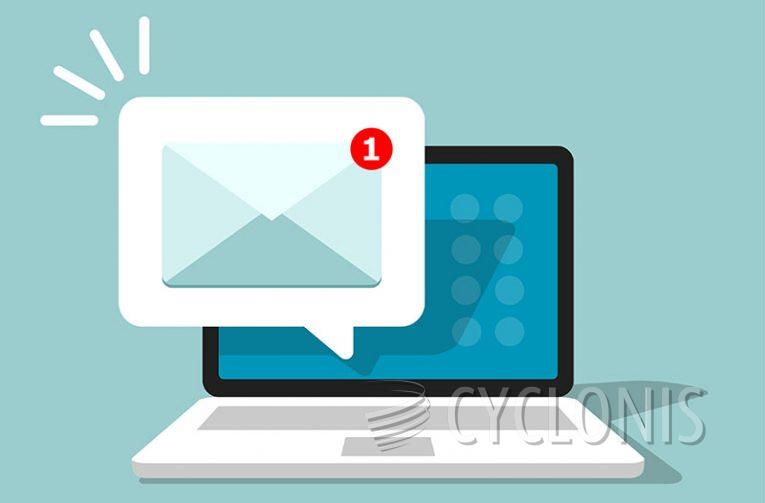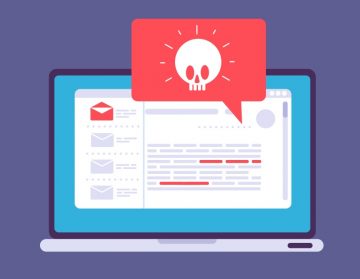'Your Email Has Used Up It Inbox Space' Email Scam

Upon careful examination of the email with the subject "Your Email Has Used Up Its Inbox Space," we have determined that it falls under the category of spam and operates as a phishing scam. The fraudulent message falsely claims that the recipient's email account will be rendered inaccessible unless they expand their inbox storage. The ultimate aim of this scam is to extract the recipients' email login credentials.
The spam email, which may also be titled "Email Admin Requirement," informs the recipient that their inbox storage has reached 99.5% capacity. The email urges them to take immediate action to expand their inbox storage in order to maintain access to their account and receive incoming emails.
Upon clicking the "Fix Problem Now" button within the email, the recipient is redirected to a phishing website cunningly disguised as an authentic email account sign-in page. Herein lies the danger, as attempting to log in through this fraudulent website will inadvertently expose the user's account credentials, including their passwords.
Becoming a victim of this phishing scam can have dire consequences beyond losing access to one's email account. Since emails are commonly used to register and access other online services, cybercriminals can potentially gain access to various accounts, such as social media, messaging platforms, and more. This can lead to identity theft and malicious activities being carried out in the victim's name.
For instance, scammers might impersonate the account owner and request loans or donations from the victim's contacts. They may also engage in spreading scams and malware by sharing malicious files or links from the compromised account.
Moreover, if financial-related accounts like online banking, e-commerce platforms, or digital wallets are hijacked, the scammers can conduct fraudulent transactions and unauthorized purchases, resulting in financial losses for the victim.
Furthermore, if sensitive or confidential information is stored in the compromised account or associated cloud storage, it could be used for blackmail or other malicious purposes.
In conclusion, placing trust in an email like "Your Email Has Used Up Its Inbox Space" can lead to severe privacy breaches, financial damages, and even identity theft. It is crucial for users to remain vigilant against such phishing attempts and avoid clicking on suspicious links or providing personal information to unknown sources.
What Are the Top 3 Signs an Email is a Scam?
Identifying scam emails is essential to protect yourself from potential threats and fraud. Here are the top three signs that an email may be a scam:
- Unsolicited Emails: If you receive an email from an unknown sender or a sender you were not expecting to hear from, be cautious. Scammers often send unsolicited emails as a way to reach a broader audience. These emails may claim to be from banks, government agencies, or well-known companies, but in reality, they are attempting to deceive recipients into providing personal information or clicking on malicious links.
- Urgent or Threatening Language: Scam emails often use urgent or threatening language to create a sense of panic and pressure the recipient into taking immediate action. They may claim that your account is at risk, your payment information needs verification, or that you have won a prize that requires immediate response. Legitimate organizations rarely use such high-pressure tactics, so be cautious if the email seems overly urgent or demanding.
- Suspicious Links or Attachments: Check any links or attachments in the email before clicking or downloading. Scammers may include malicious links that lead to phishing websites or malware downloads. Hover your mouse over the link (without clicking) to see the actual URL it points to. If the URL looks suspicious or doesn't match the claimed sender, it's likely a scam. Similarly, be wary of unexpected attachments, especially if they are executable files or documents that prompt you to enable macros. These attachments can contain malware that infects your device.
Additional signs of a scam email may include poor grammar or spelling errors, requests for sensitive information (e.g., passwords, social security numbers) via email, or emails offering deals or prizes that seem too good to be true.








